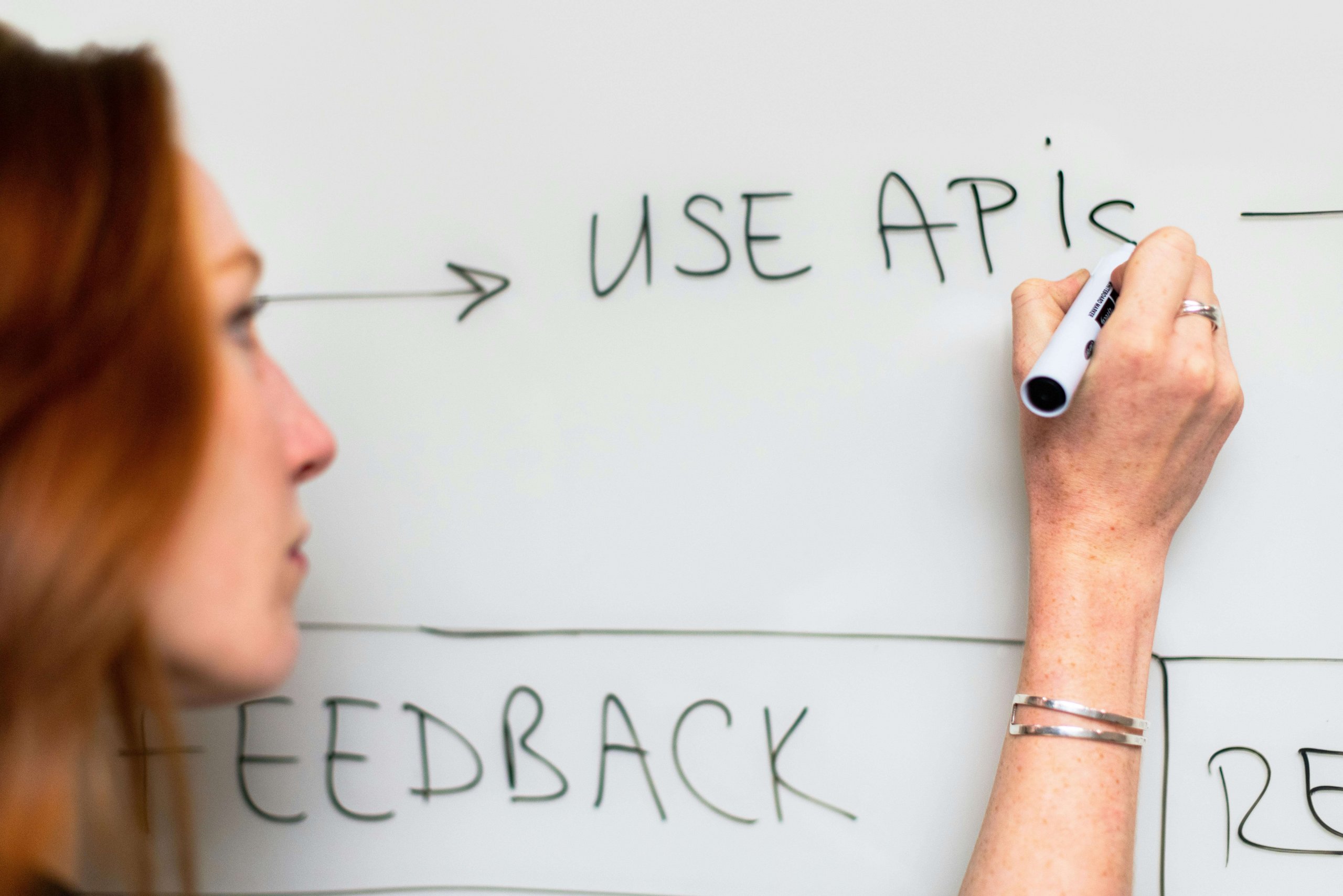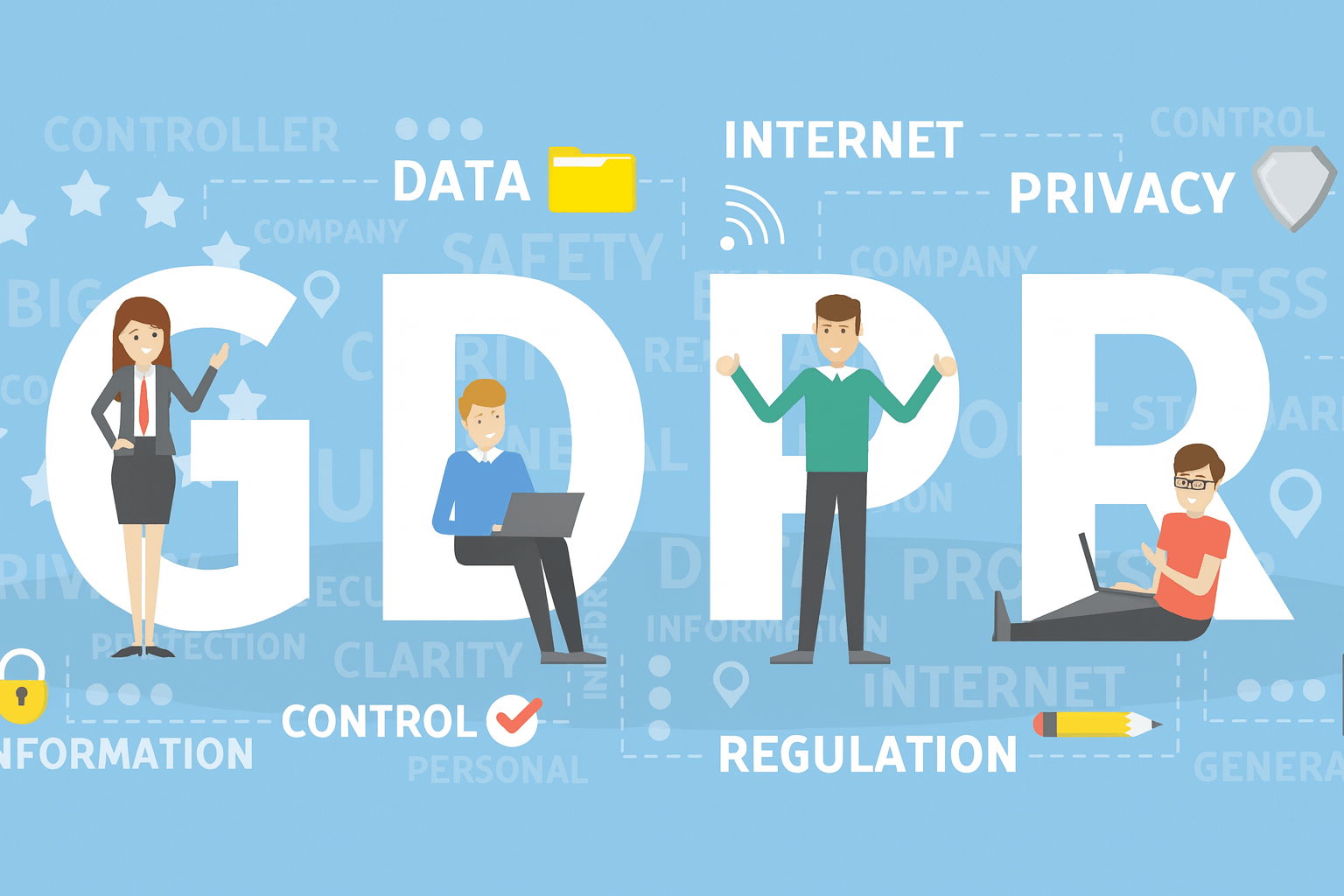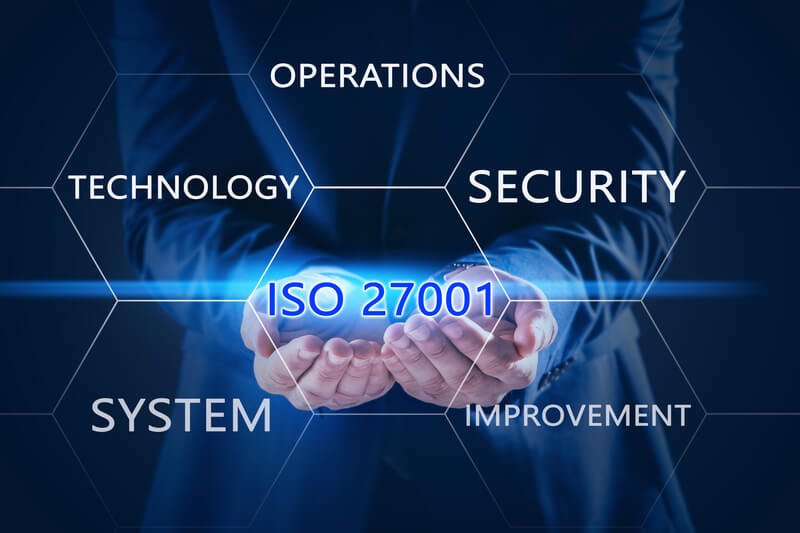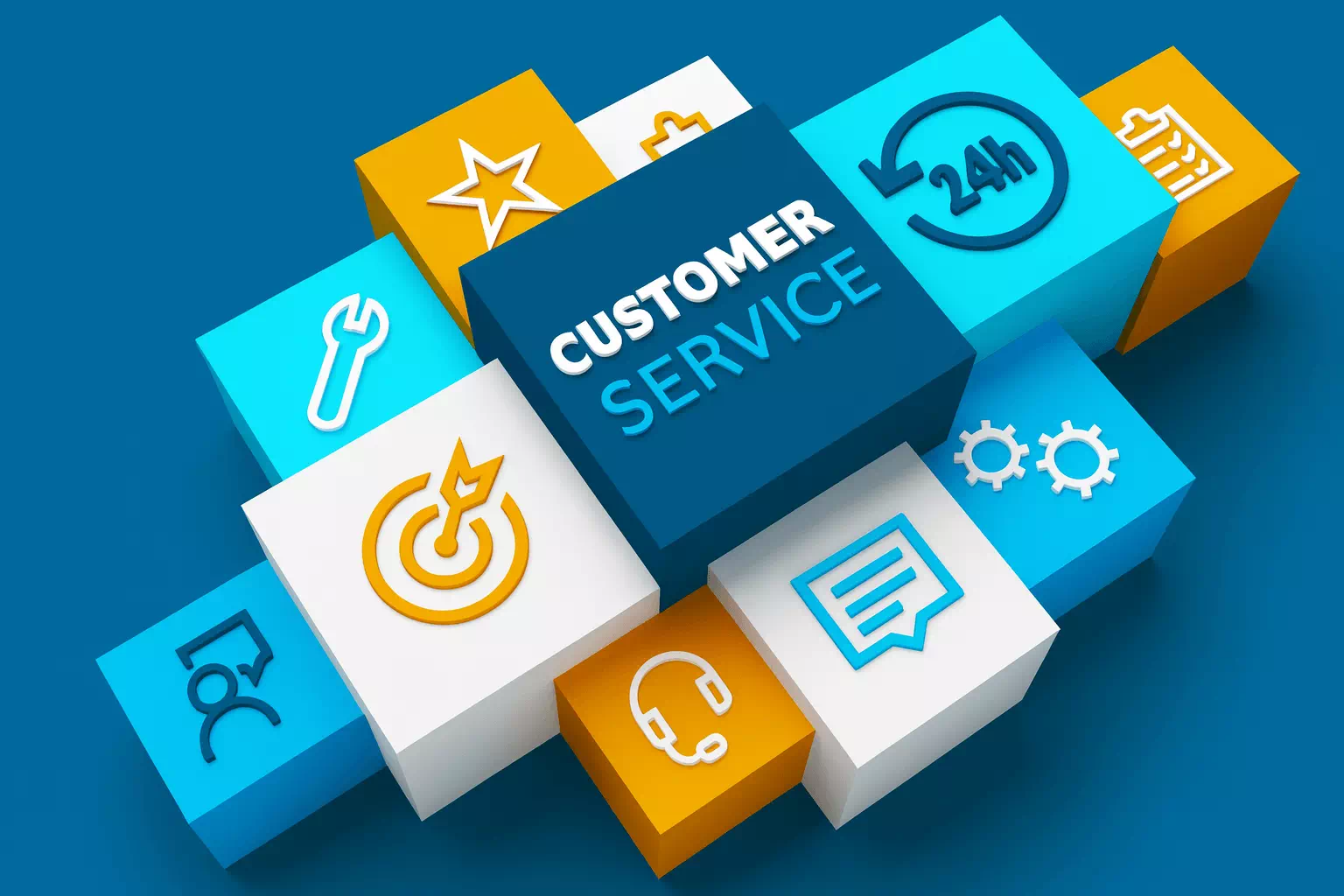Business Growth Support Across All Market Sizes
The Expanding Role of Business Support Solutions
Modern businesses face new challenges as they grow. Smaller organizations often struggle with limited resources while larger enterprises manage complexity at scale. Both ends of the market require reliable support to meet demands and reach goals.
Business process outsourcing, once seen as a simple way to cut costs, has become a central strategy for long term growth. Companies now depend on providers to help with specialized tasks, customer experience solutions, and process improvement. Outsourcing strategies are no longer just about savings. They are about creating a framework that supports adaptability and sustainable progress.
This changing role reflects the growing importance of external partners. Organizations across different sectors rely on them to navigate rapid change, shifting customer needs, and global competition. From small business growth to enterprise support, solutions are designed to strengthen efficiency and open new opportunities.
Support Systems for Small Business Development
Small businesses form the backbone of economies worldwide. They provide innovation, local engagement, and flexibility. Yet many of them face obstacles when it comes to scaling. Limited staff, financial restrictions, and time constraints often prevent them from reaching their full potential.
This is where outsourcing providers play a vital role. By offering access to scalable operations, small firms gain the chance to compete with larger players. Business process outsourcing allows them to tap into advanced tools and expertise that would be difficult to build in house.
Services that support small business growth include customer support, administrative assistance, and back office management. These reduce the weight of routine tasks so owners can focus on core activities. For many entrepreneurs, the choice to outsource means the difference between staying small or moving into new markets.
The impact is clear. By aligning with partners that provide enterprise level resources, small firms gain stability. They also reduce risks while exploring innovation. This ability to access professional systems gives them an edge in crowded markets.
How Do Large Businesses Gain From Outsourcing
The advantages of outsourcing are not limited to smaller organizations. Large enterprises also rely on external partners to manage operations at scale. For them, the challenge is not about lack of resources but about complexity.
With thousands of customers and multiple departments, efficiency becomes harder to maintain. Providers offer structured support that reduces delays, improves processes, and allows smoother collaboration across global locations. Enterprise support is essential when teams operate across different time zones and customer expectations demand quick solutions.
These providers specialize in delivering consistent customer experience solutions. For big brands, even a small decline in service quality can impact reputation on a massive scale. Outsourcing partners ensure reliability by offering trained teams, updated technology, and clear systems.
Global market expansion is another area where large businesses turn to outside support. Moving into new regions requires understanding cultural expectations, language differences, and regulations. By working with a partner familiar with these challenges, organizations minimize risks and maintain brand strength.
The result is a model where efficiency and customer focus remain central. By outsourcing carefully, large firms can redirect their internal teams to strategy, innovation, and growth.
The Balance of Flexibility and Consistency in Support
A critical strength of outsourcing is the ability to provide both flexibility and consistency. Smaller firms need flexibility to scale resources up or down as demand changes. Larger firms need consistency to protect brand image and meet customer expectations.
Providers balance these needs by creating systems that adapt to different industries while maintaining professional standards. Whether the focus is on customer service, back office support, or specialized tasks, outsourcing strategies ensure results align with business goals.
For startups, this means avoiding sudden pressure when new opportunities appear. For established enterprises, it means avoiding gaps in service even during high demand. Both groups benefit from reliable systems that adjust without losing efficiency.
This balance becomes especially important in competitive industries. Without support, businesses risk delays, dissatisfied customers, or reduced productivity. With strong partnerships, they gain an edge by staying agile while still maintaining high standards.
Why Is Outsourcing Essential in Today Business Climate
The global business environment has changed. Customers expect faster service, better experiences, and constant availability. Technology continues to advance at a pace that many organizations cannot match alone. At the same time, competition grows across borders.
In this environment, outsourcing is not just a choice. It is a necessity for those who want to remain relevant. By connecting with providers, businesses of all sizes benefit from shared expertise and updated tools. This collaboration reduces costs but also drives growth.
The range of services now available through outsourcing covers almost every area of business operations. From customer interactions to technical support, providers offer solutions that can be tailored to unique needs. This means companies no longer need to carry the full burden of every task internally.
Industries across finance, healthcare, technology, retail, and travel all rely on these partnerships. Each sector finds value in the ability to adjust quickly without losing focus. For example, a technology company can expand support during product launches, while a healthcare provider can ensure patient calls are managed effectively.
Providers such as BPOManila demonstrate how outsourcing has grown into a powerful tool for sustainable success. They highlight how both small and large organizations can thrive by trusting partners that understand business dynamics.
The Future of Business Support Partnerships
The role of outsourcing will continue to evolve. As industries adopt new technologies such as artificial intelligence and automation, providers will adapt services to meet fresh demands. Businesses will expect even greater efficiency, accuracy, and personalization in every customer interaction.
The future also points to deeper integration between providers and clients. Rather than being seen as separate entities, outsourcing partners will function as extensions of the businesses they serve. This integration builds stronger trust, smoother communication, and improved outcomes.
Another trend is the global reach of outsourcing. Companies will expand across borders more often, and providers will play a key role in making transitions smooth. With experience across multiple regions, they will ensure businesses remain competitive in diverse markets.
This growth supports not only enterprises but also small firms with big ambitions. By accessing advanced tools once reserved for large corporations, smaller companies will continue to enter spaces once thought impossible for them.
To explore how outsourcing shapes business strategy, readers may find value in https://www.investopedia.com/terms/o/outsourcing.asp. This resource provides a clear overview of outsourcing and its role in modern markets.
Final Insights Toward Smarter Growth
Both small and large businesses share the goal of growth. The path may differ, but the need for reliable support remains constant. Outsourcing creates an equal ground where firms of all sizes can thrive, regardless of resources or complexity.
By embracing outsourcing strategies, businesses gain the ability to scale operations, protect quality, and focus on what matters most. Small business growth becomes more achievable, while enterprises sustain global reach without losing efficiency.
Providers who deliver reliable customer experience solutions are no longer optional partners. They are essential contributors to business success in competitive markets. From back office management to direct customer care, the right partnerships create lasting benefits.
The message is clear. Support systems built on outsourcing are not a temporary fix. They are the framework that allows modern businesses to survive and grow.
Take your organization to the next stage by exploring the right outsourcing strategies. Build a support system that adapts to your needs, improves customer satisfaction, and opens doors to long term growth.










 Regional Travel Access and Local Solutions
Regional Travel Access and Local Solutions

















 High-touch accounts, such as B2B debt or institutional loans, still benefit from agent-driven conversations, while low-value accounts perform better with digital-first sequences. An omnichannel strategy bridges these needs without requiring parallel infrastructures.
High-touch accounts, such as B2B debt or institutional loans, still benefit from agent-driven conversations, while low-value accounts perform better with digital-first sequences. An omnichannel strategy bridges these needs without requiring parallel infrastructures.




